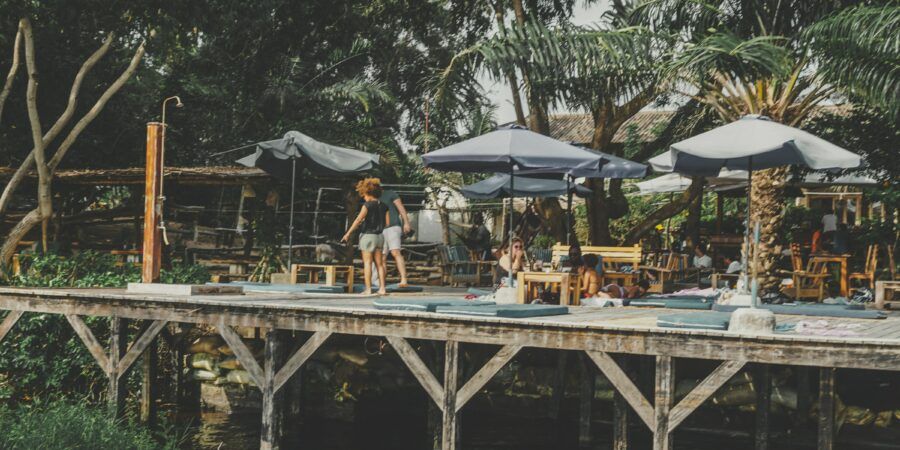Benin is a small African nation with a rich past. It has the dubious distinction of being one of the first ports of call for the slave trade, as well as being the birthplace of voodoo Tourist Attractions.
With sandy beaches and magnificent, diverse wildlife, the country has captivating natural beauty. When you combine these elements with a veritable patchwork of attractive, historic architecture and bustling markets, you have a destination that provides the full package.
Benin, surprisingly, is not a well-known tourist destination. If you’re planning a trip to Benin, here are five sites you should make a point of seeing.
Benin Has 5 Exciting Places To Visit
Cotonou
Cotonou is the nation’s commercial center one of its most important cities. Because of the energy that pervades the city, first-time visitors to the country always wonder why Cotonou isn’t the capital.
What else makes this city stand out? Cotonou is not only the country’s most important commercial center, but it is also a popular tourist destination. There are many beautiful beaches here, as well as other points of interest such as the Pendjari National Park, which is regarded as one of Africa’s best animal reserves.
You may also visit the Fetish Market to get a closer look at how the country’s famous voodoo culture works.
Porto Novo
This city, more than any other in the world, has a strong Portuguese presence. Porto Novo is the capital of Benin, which might seem like an odd choice to some given that it is a much less illustrious city than Cotonou. There are fewer people living here, and the rate is noticeably slower than in Cotonou.
Porto Novo has its own collection of attractions. The Royal Palace and Gardens are worth seeing, and the Museum of Porto Novo Kings offers an interesting history of the region’s past kings.
Grand-Popo
Grand-Popo is an hour’s drive from Cotonou and provides a fascinating contrast to the city’s bustle. That isn’t to say that this town is totally undeveloped and agricultural. Far from it; there is a range of resorts and hotels here, as well as some truly breathtaking beaches.
The people are extremely welcoming and friendly, as well as the town itself is eager to welcome you. Grand-Popo is also historically significant because of the role it played during the slave trade.
Ouidah
Ouidah is a must-read for history buffs. The city, which is about 40 kilometers from Cotonou, has a fascinating mix of Portugal and French cultures and moves at a much slower speed.
Depending on your preferences, visit one of the city’s remarkable museums to learn about voodoo and slavery, or relax on one of the city’s many beautiful beaches.
Abomey
Abomey is another location with a long and illustrious history. For many decades, it served as the capital of ancient Dahomey. Still today, the ancient kings’ palaces can be found in the kingdom, but they have almost all crumbled.
UNESCO has listed this town as a World Heritage Site because of its historical significance of Tourist Attractions.



